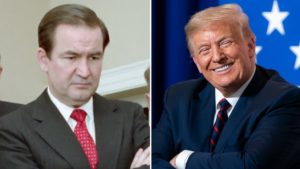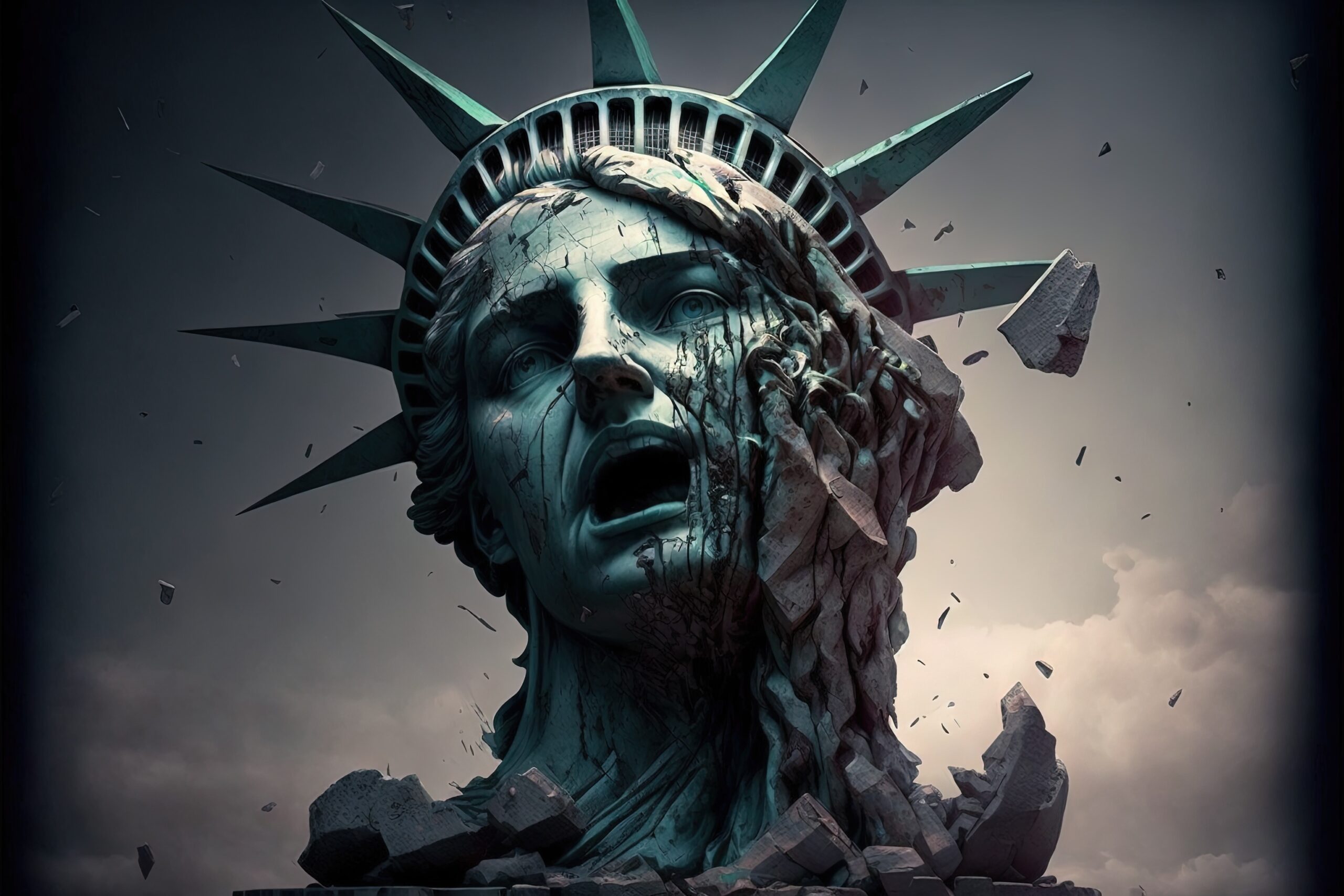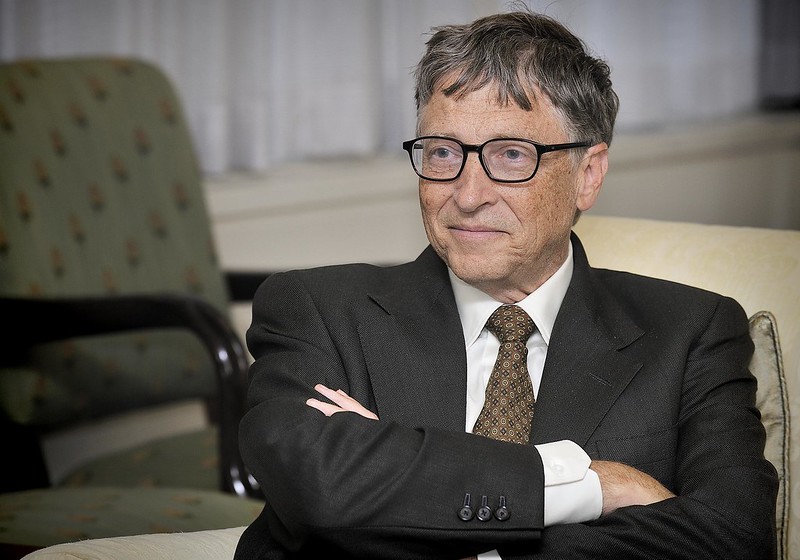
You have read that Pat Buchanan, a founding pillar of the America First movement, has decided to retire from writing his long-running syndicated column. More than anyone else, Donald Trump channeled Pat Buchanan’s ideas in his successful 2016 run for the presidency. In Spectator World, Daniel McCarthy explains Buchanan’s continued relevance and the impact Buchanan has had on American politics today. McCarthy writes:
Buchanan was not the only conservative skeptic of free trade or foreign interventionism in the 1990s, but he was the only one that most newspaper-reading or cable news-watching voters knew about. At the zenith of American power and economic globalization, Buchanan defined the opposition to the spirit of the age. This made him a curiosity and something of a pariah in the more respectable precincts of the center-right.
Before he came out against the Persian Gulf War in 1990 and challenged President George H.W. Bush for the Republican nomination in 1992, Buchanan was perhaps the single biggest name in conservative media. He was the closest thing to a new William F. Buckley Jr. Like Buckley, Buchanan seemed equally potent as a writer — of books as well as columns — and a television personality. He was one of the original hosts of Crossfire, a ratings smash for the fledgling CNN.
Add Buchanan’s political experience in the Nixon and Reagan administrations, and he seemed a perfect role model for conservatives who wished to combine power and ideas through the arts of language. His blend of intelligence, experience and popular appeal could easily have made him the prime ideological spokesman for conservatism in the 1990s.
But only if he’d been willing to say what the institutional gatekeepers of conservative orthodoxy wanted him to say. Instead, Buchanan defied them on trade and immigration, calling for the protection of blue-collar jobs and stricter control of the border. And he took a firm stand against the foreign policy of the George H.W. Bush administration and the rising influence of neoconservative thought within the GOP.
Buchanan was in touch with the Republican base on cultural issues and crime. And while he made permanent enemies by challenging Bush in 1992, Buchanan’s “culture war” speech at the Republican convention was a hit with the delegates.
Liberal pundits predictably hated it — and they wrote the first drafts of history. Once Molly Ivins and other progressives had set out a storyline that said Buchanan’s rhetoric was damaging to the Republican Party, Buchanan’s rivals within the conservative movement were happy to amplify the message. Neoconservatives who wanted the Republican Party to pursue a hawkish foreign policy recognized Buchanan as their most dangerous public enemy. He had a real chance of winning the Republican presidential nomination in 1996. Even after he lost that contest to Senator Bob Dole, Buchanan and Buchananism haunted the nightmares of the neoconservatives and those who wanted a more liberal, but imperial, American right.
The economy of the late 1990s was booming. Globalization’s promise seemed to be coming true. And while Buchanan remained opposed to war, mass immigration and free trade, few conservative institutions would even give a platform to his views. His 1998 book on trade policy, The Great Betrayal, voiced heresy worthy of excommunication in the judgment of free-market fundamentalists, while his subsequent volume on foreign policy, A Republic, Not an Empire, was the occasion for the most determined effort yet to cancel Buchanan, this time because he questioned the necessity of British and US involvement in World War Two.
He was never a stranger to controversy; his ideas were shocking enough to the establishment in both parties in the 1990s. His language, honed as an editorialist for the St. Louis Globe-Democrat at the beginning of his career and as an aide to Richard Nixon, could be even more jolting. The words that made him compulsively readable and watchable, that won him millions of voters as well as millions of viewers, also limited the likelihood that he could foster a movement, let alone win the Oval Office.
But sixteen years after Buchanan’s last campaign (when he ran as the Reform Party’s nominee for president) an even more rhetorically polarizing media figure would win the Republican nomination and the White House with a campaign featuring distinctly Buchananite themes on trade, immigration and foreign policy. Donald Trump did not get his ideas from Buchanan. When Americans looked to understand those ideas, however, Buchanan was the writer to whom they turned.
Trump staffers read Buchanan. Conservatives questioning their old convictions read Buchanan. And Americans of all stripes who wanted to understand why politics as they had known it was suddenly shattered turned to Buchanan.
The pity is that Buchanan’s warnings were not heeded twenty-five years earlier, however harsh they may have sounded.
Read more from McCarthy here.
Read more about Pat Buchanan here:
- Does Pat Buchanan have Trump’s Ear?
- Pat Buchanan Predicted the Left’s Obsession With January 6
- Pat Buchanan Quoting Russia’s Putin on Open Borders
- Trump/ Pat Buchanan Have it Right on Syria
- Pat Buchanan: Trump’s “Deplorables”
- Pat Buchanan Slams Mattis’ “Liberal Mush”
- Pat Buchanan: “Before We Start a War…”
- Pat Buchanan Explains the Beginning of the Judges War
- VIDEO: Richard Nixon Talks to Pat Buchanan
- An Iraqi Epilogue by Pat Buchanan
If you’re willing to fight for Main Street America, click here to sign up for my free weekly email.




